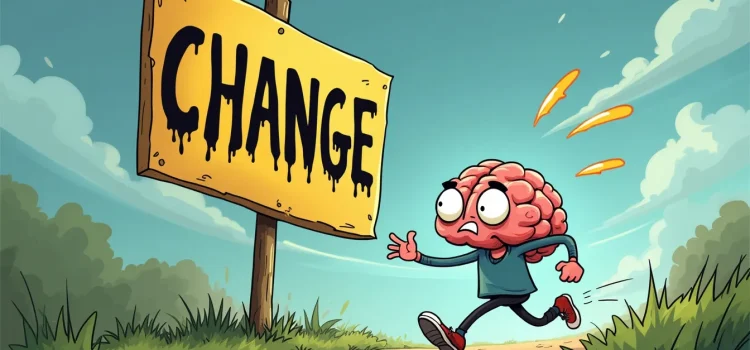Do you want to make changes in your life but keep running into roadblocks? Do you wonder why it’s so hard to break old habits and form new ones? In One Small Step Can Change Your Life, Dr. Robert Maurer explains the psychology of change, revealing fascinating insights into our brain’s resistance to new behaviors. Understanding how our minds perceive and react to change can help us overcome obstacles and achieve our goals more effectively. Keep reading to learn why change is so hard.
The Psychology of Change: Why It’s So Scary (Dr. Robert Maurer)










